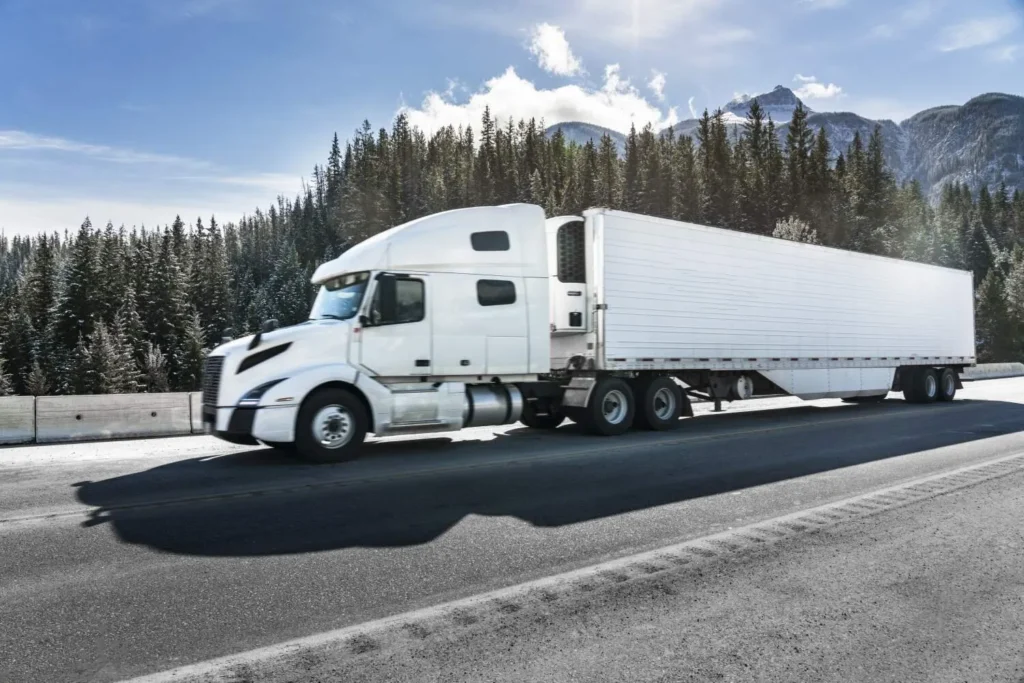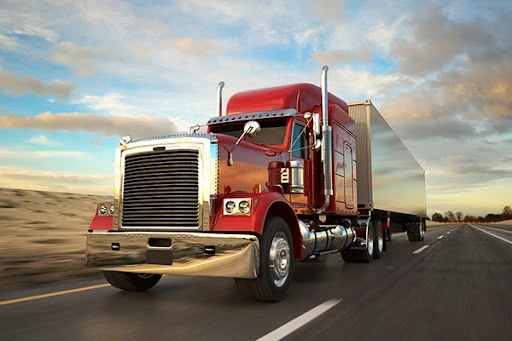The trucking industry is the backbone of the American economy – and in Florida, home to one of the busiest commercial corridors in the nation, it’s particularly vital. Yet, with great responsibility comes the need for robust protection. Commercial truck insurance isn’t just a good idea; it’s a necessity in Florida. Whether you’re a seasoned trucking company or a fledgling owner-operator, understanding the ins and outs of commercial truck insurance is key to your business’s prosperity and peace of mind.
Tackling the intricacies of insurance can be daunting, but with this comprehensive guide, you’ll be equipped to make informed decisions that safeguard your interests. Here, we’ll explore the types of coverage available, how Florida’s unique legal landscape factors into insurance, what influences your insurance costs, the importance of a reliable insurance provider, and the often-dreaded claims process. This post isn’t just knowledge; it’s power – the power to protect your assets and keep your operations rolling and trouble-free.
Understanding Commercial Truck Insurance
Understanding the different types of coverage is your first step to ensuring that your vehicles, cargo, and drivers are protected in all scenarios. Here’s a primer on what to look for:
Types of Truck Insurance Coverage
- Liability Insurance: Protects you from damages to other people’s property or injuries they may sustain in an accident.
- Physical Damage Coverage: Covers repairs to or replacement of your truck due to various causes, including collision, theft, and vandalism.
- Cargo Insurance: A must to protect valuable cargo against damage or loss during transit.
- Medical Payments: Helps pay for medical expenses if a driver or passenger is hurt in an accident, regardless of who’s at fault.
- Uninsured/Underinsured Motorist Coverage: Kicks in when the other party lacks sufficient insurance to cover damages.
Florida’s Legal Requirements
In Florida, commercial truck insurance follows federal guidelines, requiring specific minimums for bodily injury and property damage liability. These regulations change, so it’s crucial to stay updated to avoid penalties or risking your business.
Factors Affecting Insurance Costs
Just like any insurance, several key factors influence what you’ll pay to insure your commercial truck in Florida:
Vehicle Type
Your truck’s make, model, year, and value influence your premium. For instance, a higher-value vehicle may lead to more costly premiums.
Driving Record
A clean driving history indicates lower risk, which translates to lower premiums. Conversely, a history of accidents or traffic violations can spike your costs.
Cargo
The nature and value of the cargo you carry play a role in determining your risk profile. Hazardous materials, for example, present more risk and may result in higher premiums.
Location
Operating in high-traffic or high-crime areas can lead to higher premiums. Seasonal factors and the prevalence of natural disasters in Florida are also considered.

Choosing the Right Insurance Provider
Selecting the right insurance company is possibly the most critical decision. Here are key considerations when making your choice:
Experience and Specialization
Look for insurers with a proven track record and a specialization in commercial trucking. Experience often translates to better service and a deeper understanding of the industry’s needs.
Financial Stability
A financially sound insurer can meet their obligations when it’s time to file a claim. Reputation and industry ratings can offer insights into an insurer’s stability.
Customer Service
Good customer service is invaluable – especially when navigating the claims process. Consider how responsive an insurer is and whether they provide additional resources like risk management programs.
Comparison Shopping
Don’t settle for the first quote. Compare multiple offers to ensure you get the best deal without compromising critical coverage.
Benefits of Comprehensive Coverage
Opting for comprehensive coverage might seem unnecessary initially, but the investment is well worth the peace of mind. Here’s why:
Protection Against a Range of Scenarios
Comprehensive insurance protects you from more than just accidents. Fire, theft, vandalism, and even weather events can sideline your truck without it.
Legal Compliance and Customer Assurance
With comprehensive coverage that includes cargo insurance, you meet legal requirements and assure your customers that their goods are secure in your care.
Financial Security
The relative affordability of premiums is a small price for a policy that could save you from financial ruin. Remember, one major incident could lead to irreparable damage to your business’s finances without proper coverage.
Filing an insurance claim can feel like stepping into a bureaucratic maze, but it doesn’t have to be that way. Follow these steps for the smoothest possible experience:
Assess the Damage and Risk
Before filing a claim, ensure the immediate safety of your drivers and secure the site. Then, assess the damage to your truck, cargo, and other parties involved.
Contact Your Insurer Immediately
Report the incident to your insurer as soon as possible. Delaying this step can complicate and prolong the process.
Provide Documentation
Photographs, police reports, and witness statements are invaluable for substantiating your claim. Be thorough and timely in providing all required documentation.
Cooperate with the Investigation
Your insurer may investigate to assess the validity and value of your claim. Fully cooperate to expedite the process and ensure a fair outcome.
Review Settlement Offers Carefully
Once a settlement offer is made, assess it carefully and seek legal counsel if needed. Ensure it covers all related expenses and lost revenue.
Conclusion
Commercial truck insurance in Florida is critical for protecting your business assets and ensuring compliance with the law. By understanding the types of coverage available, the factors impacting your premiums, and how to choose a trustworthy insurer, you can secure the protection your business needs to thrive.
The trucking industry is dynamic, and so is the risk environment. Staying informed and proactive with your insurance choices will enable you to adapt to the changes and challenges that come your way. Remember, the goal is not just insurance but the right one–a shield you can confidently rely on.
FAQs
Q: What exactly does “cargo insurance” cover?
A: Cargo insurance protects the goods you’re transporting. It covers damages due to various causes while in transit, including theft, fire, and spills.
Q: Is medical payments insurance essential for my commercial truck policy?
A: While not legally required, medical payment insurance is highly recommended. It can provide coverage for medical expenses for your drivers or passengers and demonstrate your commitment to their well-being.
Q: Can I reduce my commercial truck insurance costs in Florida?
A: Yes, there are several strategies for reducing insurance costs, such as maintaining a clean driving record, investing in security features for your truck, bundling multiple policies with the same insurer, and undergoing risk management and safety training programs.
